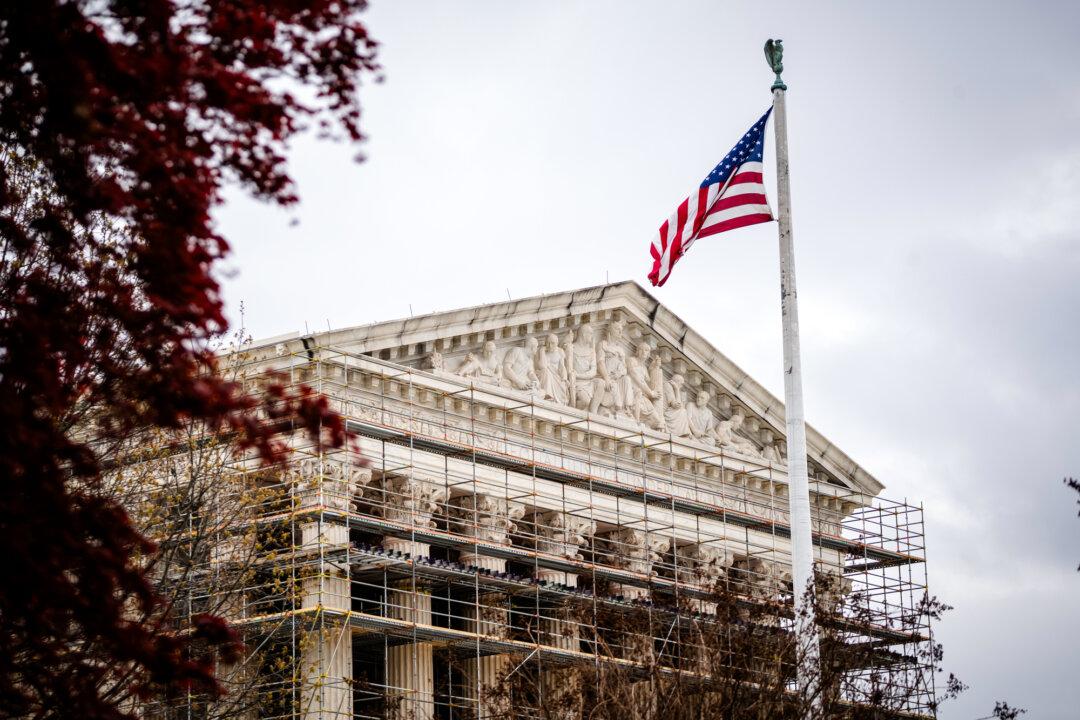The Supreme Court on May 16 agreed to block the government from deporting some alleged Venezuelan gang members under the Alien Enemies Act.
“The application for an injunction pending further proceedings is granted,” the court said in an unsigned order.





